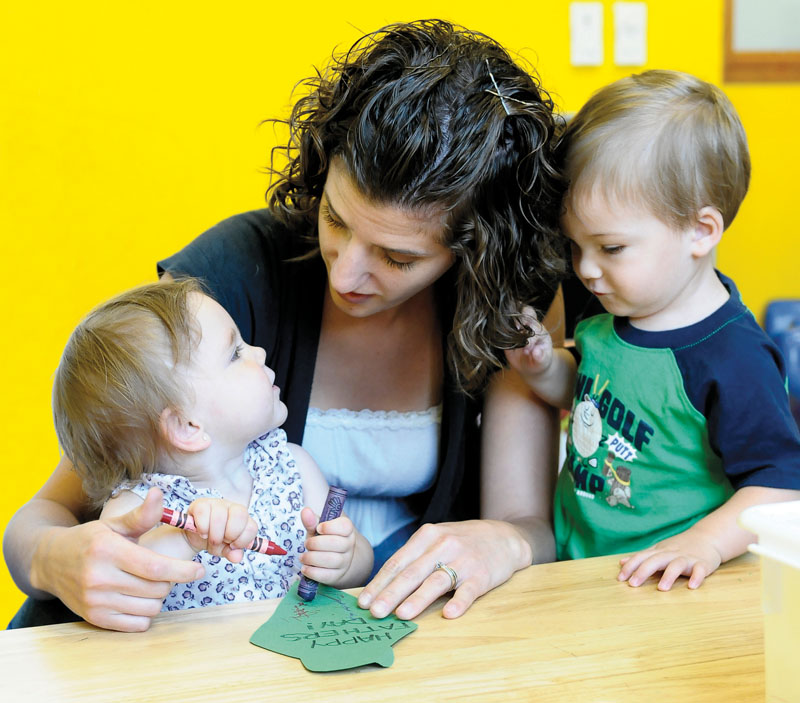 Raising children can be difficult in some very unexpected ways. Parenting a child with special needs can create some unique and especially daunting challenges. Even when parents identify difficult behaviors and enlist targeted interventions, dealing effectively with day-to-day parenting stress is not a given.
Raising children can be difficult in some very unexpected ways. Parenting a child with special needs can create some unique and especially daunting challenges. Even when parents identify difficult behaviors and enlist targeted interventions, dealing effectively with day-to-day parenting stress is not a given.
Having a variety of coping strategies on hand can be helpful.
Stay positive
Remind yourself of all the things you are doing to take care of yourself and/or your family. Before bedtime, try making a list of all the parenting successes you had during the day—even if it was just that you managed to get the kids off to school that day. Try to let go of feelings of guilt about things that haven’t been accomplished or situations that didn’t go your way. Guilt adds an extra layer of emotional stress above and beyond any negative emotion you may already be experiencing. Even the smallest victories can help you get through.
Problem solve
Keeping a “problem-solving notebook” can be helpful. When you hit a bump in the road, write down the specific problem. Make a list of questions that you need to have answered. Write down information and sources of help you can call on to answer each question. If you still feel stuck, put the problem “on the shelf” for a while and return to it when you feel you may have a new perspective on it. Sometimes stepping away for a few minutes gives you better clarification later on.
Use humor
The frustrations of everyday parenting can certainly take a toll and make people feel bogged down. Children with challenging behaviors can make the task of parenting seem especially overwhelming. When the day is done, take time to reflect on events that you can laugh about. We can find humor in even the most frustrating behaviors—especially in retrospect. Our children can actually help us find a light-hearted side to situations. For example, in hindsight you might see some humor in the fact that your child decided to test the concept of floating by throwing coins in the toilet when initially you saw a need to call the plumber.
Use social supports
Reaching out to family and especially to friends can be hard when you have a child with special needs. Parents may begin to feel isolated and become convinced that other families cannot relate to their struggles and that they themselves cannot relate to other families. In fact, having a child with special needs means that it’s even more important to enlist others for support. Stay open to the notion that other families can still relate to you as a fellow parent even if they don’t have the exact same concerns. Find a time to reminisce with parents who are similarly overwhelmed. Work together to help each other find the humor in everyday parenting “catastrophes.” Family members can also be especially helpful when you need an extra pair of hands and a break from day-to-day stress.
Treat anxiety and depression
Don’t be afraid to access mental health professionals. Parenting is challenging and there are therapists and physicians who can help when stress becomes significantly difficult to manage. When increased anxiety and changes in mood begin to interfere with your ability to problem solve and to take care of yourself and your family it may be a good time to seek counseling and/or a physician’s attention. Many mental health professionals can be accessed by going to the website of your health insurance provider and searching for specialists including licensed mental health counselors, social workers, psychologists and psychiatrists. The American Psychological Association (www.apa.org) and the American Psychiatric Association (psychiatry.org) are also great resources.
The guidebook to perfect parenting for your child with special needs certainly does not exist. However using coping strategies that you know already work for you and learning new coping techniques can help significantly.
Alison Gilbert, Ph.D. is a Licensed Clinical Psychologist. She is currently a Clinical Assistant Professor at Hofstra Northwell School of Medicine with a certificate in Autism Spectrum Disorders from U.C. Davis.


















